-
Posts
886 -
Joined
-
Last visited
Posts posted by Doorn
-
-
Coronu valjda ubija alkohol od 70% pa na vise.
Ostaje nam da se usmjerimo na cask strenght scotch, ali ni oni nisu vise od 70%.
-
-
1 hour ago, Amigo said:
Da li je ista povoljnije da se tu kupi?
Nije, ako se poredi sa Holandijom, ali je jeftinije nego u prodavnicama u UK. Akcize u UK su velike tako da se meni tamo ne isplati kupovati. Primjera radi Glengoyne 18 years old je u destileriji bio 95 funti, a kod mene u NL je 70 evra.
-
 2
2
-
-
eur 15,- get drunk whisky 👌🥃

-
8 minutes ago, Kronostime said:
cccc... Ekoloski motor, pogon na bioobnovljivo gorivo, ne zagadjuje prirodu.....


Kabriolet, midlife crisis tinejdzeru
-
 1
1
-
-
-
Quote
DIAGEO PLEDGES MORE THAN 8 MILLION BOTTLES OF HAND SANITISER
Diageo, the producer of brands including Johnnie Walker blended Scotch whisky, has today announced that it is pledged to enable the creation of more than eight million bottles of hand sanitiser.The drinks giant will be donating up to two million litres of alcohol to manufacturing partners, to help protect frontline healthcare workers in the fight against COVID-19.
Diageo pledges more than 8 million bottles of hand sanitiserDiageo will provide Grain Neutral Spirit (GNS), a 96% strength ethyl alcohol used primarily in production of vodka and gin – and make it available at no cost to hand sanitiser producers in multiple countries, to help overcome shortages in healthcare systems. This donation will enable the production of more than eight million 250ml bottles of hand sanitiser.
The spirit will be made available in supply chains according to local circumstances, working with the relevant authorities and hand sanitiser manufacturers. This will ensure the donation is used for maximum impact in protecting health workers and patients and that sanitiser reaches the frontline as quickly as possible.
The plan includes:
The UK and the Republic of Ireland: 500,000 litres of GNS to be made available for national healthcare systems and workers across the UK and Ireland.
Italy: 100,000 litres of GNS to support the healthcare system and other national needs.
USA: 500,000 litres of GNS to be supplied to meet local community needs.
Brazil: Diageo’s Ypioca plant will produce 50,000 litres of spirit for the local healthcare system, in conjunction with the Ceara State Government.
Kenya: Diageo’s East Africa Breweries Ltd will enable production of 135,000 litres of sanitiser, prioritising vulnerable and at risk groups.
India: 500,000 litres of alcohol to supply to the sanitizer industry across 25 States, for use in national healthcare systems and for consumers.
Australia: Diageo’s Bundaberg Distilling Co. to produce 100,000 litres of ethanol for the Queensland Government, to be forwarded to hand sanitiser manufacturers.
Commenting on the news, Ivan Menezes, Chief Executive of Diageo, said: “Healthcare workers are at the forefront of fighting this pandemic and we are determined to do what we can to help protect them. This is the quickest and most effective way for us to meet the surging demand for hand sanitiser around the world.”
Diageo has also said it continues to engage with national and local governments across the many countries, where the company has major distilling operations.
http://www.thewhiskybusiness.com/2020/03/diageo-pledges-more-than-8-million.html
-
14 hours ago, Bushman said:
Kabriolete kupuju uglavnom tinejdžeri i ljudi u krizi srednjih godina.

-
 2
2
-
-
-
Zivio Netflix
-
 1
1
-
-
1 hour ago, Sunshine State said:
Kakva je situacija na terenu u NL? Brojke vidim, a zanima me kako je uzivo.
Narodu polako iz dupeta dolazi u glavu da ostaju kuci.
-
-
Quote
The world needs hand sanitizer — far more than the existing hand sanitizer industry can produce. So the American whiskey industry, along with other alcohol industries like craft breweries, have begun stepping up. They’re hitting pause on making beverages, and have begun making the alcohol-based sanitizers that save lives.
It’s an important example of how entrepreneurs can pivot and contribute to the fight against Covid-19. And it contains important lessons for other entrepreneurs on how to do the same.
Lift regulations.
In a way, the American whiskey industry was already primed for this work. Back in 1941, after the attack on Pearl Harbor, the American government assumed control of the distilling industry and converted many of the stills to produce high-proof ethanol. This ethanol was used for antifreeze, munitions, octane boosters, lacquer, synthetic rubber and more.Today, no government mandate was required — but government help was. When the COVID-19 crisis first hit, some of the smaller distilleries began trying to share their alcohol; any whiskey manufacturer will have parts of the distillate that can’t be used in beverages but could become a general-purpose cleaner. However, laws stood in their way. Strict regulations control what can and can’t happen in a distillery, and these businesses are heavily taxed. With these laws in place, the distilleries couldn’t be helpful.
The industry started raising its voice, and policy-makers responded. Local, state and even federal laws were lifted or altered. On March 18, the Alcohol and Tobacco Tax and Trade Bureau, which oversees the industry, also cleared a path: It waived parts of a law, including requirements that distilleries obtain permits or bonds to produce hand sanitizer.
Now distilleries could finally get to work.
Create many different solutions.
Each distillery has taken a somewhat different path. Some distilleries chose to make sanitizing products, and then provide them for free to first responders and critical facilities and businesses. Others have chosen to sell their sanitizing products to the public, as a way to keep their staffs paid.In Kentucky, the response from the bourbon industry has been swift and decisive. Brown-Forman, one of the largest American-owned spirits manufacturers, started delivering free sanitizer to first responders in Woodford County, the location of its Woodford Reserve distillery. (Its Old Forester Distillery in Louisville, Kentucky will follow suit.) The Neeley Family Distillery is making small batches of hand sanitizer and allowing people to bring their own bottles to fill up for a donation to cover the costs. Lexington Brewing & Distilling, Rabbit Hole Distillery and Wilderness Trail Distillery have all announced efforts to produce hand sanitizer as well.
Outside of Kentucky, many small distilleries are doing the same — including Smooth Ambler in West Virginia, Koval Distillery in Chicago, Corsair Distillery in Tennessee, American Craft Whiskey Distillery in California and Whisky Acres Distilling in Illinois.
Share information among competitors.
But there’s a problem: Just because a distiller can make whiskey, that doesn’t mean they know how to make alcohol for hand sanitizer. To make it work, the industry has come together to share information — producing webinars, online guides, and more. Distilleries are modifying their equipment and learning on the fly.At Catoctin Creek Distillery in Virginia, Distiller Becky Harris says she’s working closely with the American Craft Spirits Association (ASCA), with daily meetings to devise the best possible course of action for distillers wanting to produce hand sanitizer. At one point, her husband and business partner, Scott Harris, was receiving 50 emails every hour from people asking about hand sanitizer. She says the media attention on this topic has been helpful, because it has shown regulatory bodies there is a huge surge in demand for these products, which in turn enabled the ASCA to streamline and expedite the process of building guidelines and finding supply in the supply chain.
As the situation evolves, distilleries are also having to change their plans. In Michigan, for example, the Traverse City Whiskey Company originally wanted to sell hand sanitizer to the public — but then its inventory of 10,000 units sold out overnight. “The response and demand has been shocking,” says Chris Fredrickson, the company’s co-founder. “Because of this, we've evolved our strategy from retail to include medical and first responders, as that has been the greatest need.”
What will come next? Nobody knows, of course — but more distilleries join the effort to produce hand sanitizer, and owners say they’ll look for even more ways to band together and support people in the industry. “I would say that whiskey drinkers are the most generous people on the planet,” says Bill Thomas, owner of the Jack Rose Dining Saloon in Washington D.C., who I spoke with recently for American Whiskey Magazine. “And this is absolutely proof that the whiskey drinker is the best kind of human being on the planet.”
It’s also a lesson for other industries during this difficult time: With loosening regulations, you can collaborate with your peers on new innovations ... and start solving any problem you can.
-
Ja sam od prosle sedmice kuci. Pitanje koliko cu izdrzati na ovoj stolici, ali redovno hodanje olaksava. Klinci takodje kuci prate skolsku nastavu. Za sad sve ide kako treba.

-
2 hours ago, Yoyogi said:
Vozio sam Toyota LandCruiser , 80 hiljada dolara, 4,600 kubika, kožna sedišta, pozadi imali svoje aircon komande i TV kao u sedištu aviona, sa sopstvenim programiranjem i DVD/Bluray rack. Od kada više ne idem u ofis , vozim Toyota Prius Alpha i kupujem novu, identičnu. Sa jednim rezervoarom od 42 litra, hybrid, pređeš 1,000km. Sada su mi vožnje mahom gradske, tu se vidi koliko struja ušteđuje.
Rice cooker...
Ovo je auto
6.5L, V8 Turbo Diesel, 190 HP, 3-speed automatic

-
 3
3
-
-
Bolje da voze japanske rice cookers nego americke kante.
-
 3
3
-
-
Izvinjavam se ako je vec bilo

-
Schilderwijk, islamski geto u Den Haagu, zivot ide kao da se nista ne desava. Odbijaju da se pridrzavaju propisa oko higijene itd jer od Alaha je.
Sto se mene tice onda ih ne treba primati na IC.
-
 5
5
-
-
NL
1/3 10
2/3 18
3/3 24
4/3 38
5/3 82
6/3 128
7/3 188
8/3 265
9/3 321
10/3 382
11/3 503
12/3 614
13/3 804
14/3 959
15/3 1135
16/3 1413
17/3 1705
18/3 2051 +346-
 1
1
-
-
Gasite topik, toEto
-
 2
2
-
-
Nas PM odlucio da se igra ruskog ruleta i da nas na hiljade pobije.
Dutch adopt controversial ‘herd immunity’ strategy
Dutch embrace 'herd immunity' as dire death warning prompts UK to change course -
Holandski PM dao live izjavu na TV. Idemo na herd immunity pa kako kome grah padne.
-
 1
1
-
 2
2
-
-
Update 16/3
NEDERLAND DAG 19Potvrdjeno zarazenih 1413
Povecanje u jednom danu: +278Preminulih 24
Povecanje u jednom danu: +4 -
13 minutes ago, alberto.ascari said:
Nije tema ovde, ali da završim, ipak ima...
Japan[edit]
Although both a violation of Japanese criminal law and the Japan Anti-Monopoly Law, bid rigging is still a habitual practice of the Japanese construction industry. It has been shown by a number of academic studies both in Japan and in the USA to be a system which considerably inflates the cost of construction projects, and in the Japanese public sector, considerably wasteful of annual tax money amounting to billions of Japanese yen.
Dango refers to collusion in Japanese, or more precisely, "conference", and is an extremely prevalent system in Japan. Dango can be understood as a mutually beneficial system of bureaucracy and government and the private construction industry wherein bid rigging is incredibly common, benefiting colluding firms and officials alike in the form of kickbacks. The system of dango is often supported though as allowing small firms to continue to compete, though detractors are quick to point to the economic inefficiencies presented by a non-competitive market.[10] The US Government, specifically the United States Trade Representative Office and Department of Commerce, made fierce efforts[24][25] in the late 1980s and early 1990s to urge the Japanese government to reform dango as a de facto non-tariff barrier to foreign firms in the Japanese construction market. Despite years of negotiations, including promises by the Japanese government in the Structural Impediment Initiative (SII) trade talks,[26] the practice was never fully stamped out and continued to flourish.
In 2006, Tadahiro Ando, the then governor of Miyazaki Prefecture, resigned over a series of bid rigging allegations and was subsequently sentenced to over three years in jail.[27]
As of 2008, thirteen lawsuits were still pending over 1990s' bid rigging for local government contracts to supply incinerator plants.[28]
Ode topic u vraziju mater, a ako te Yoya vidi, nayeahbo si.
Gle, iako je firma Japanska to ne znaci da mi radimo kao oni. Zakon i radna kultura je holandska.
-
 2
2
-



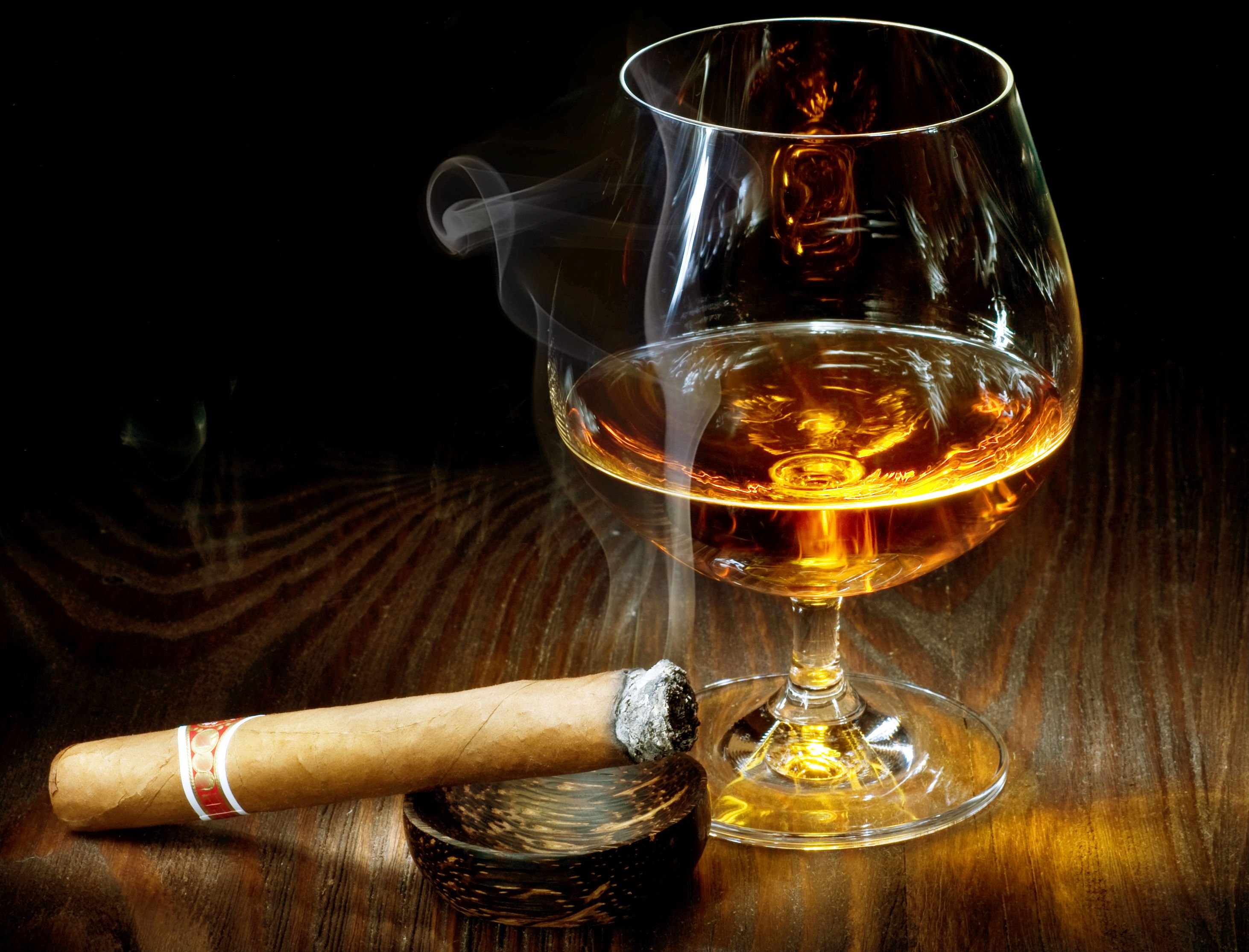






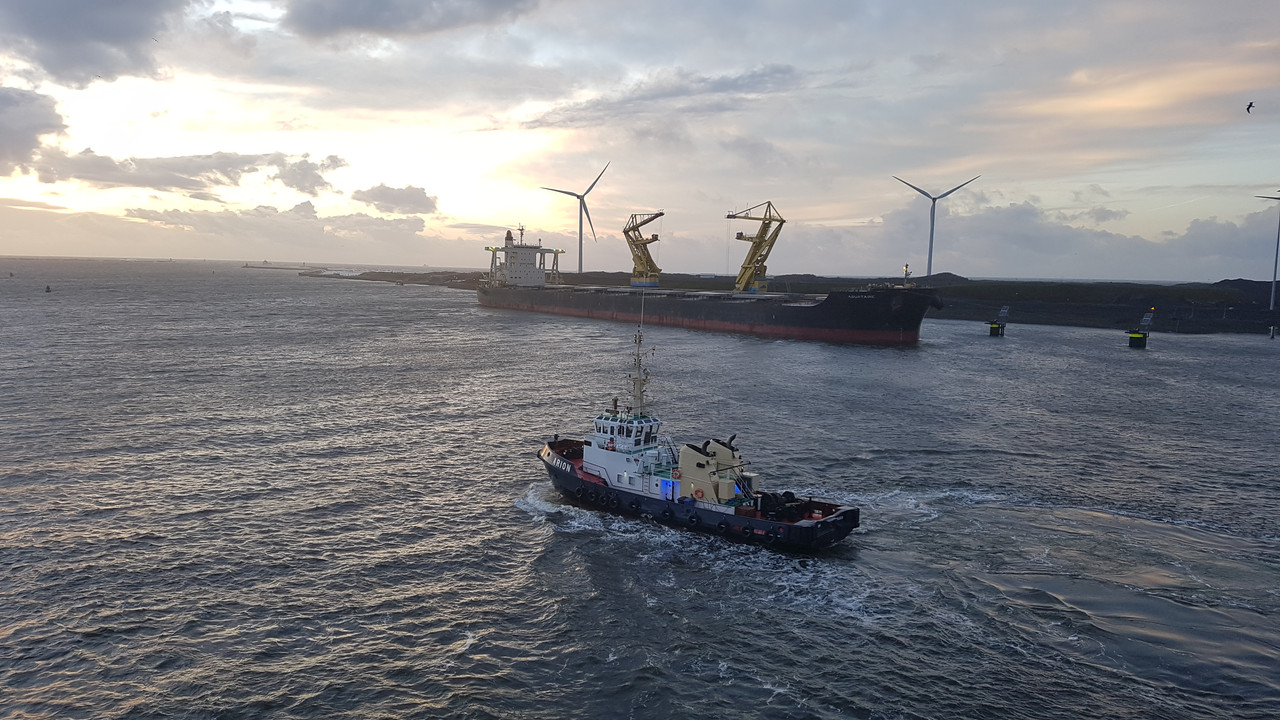
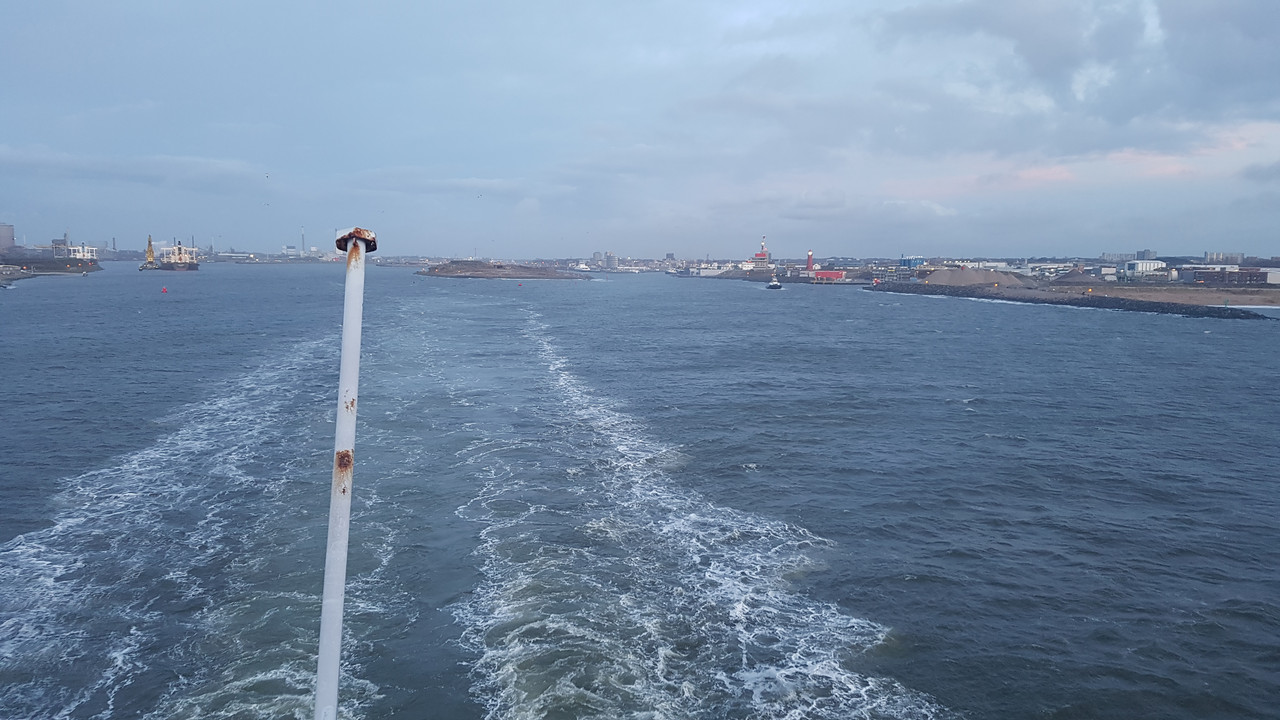
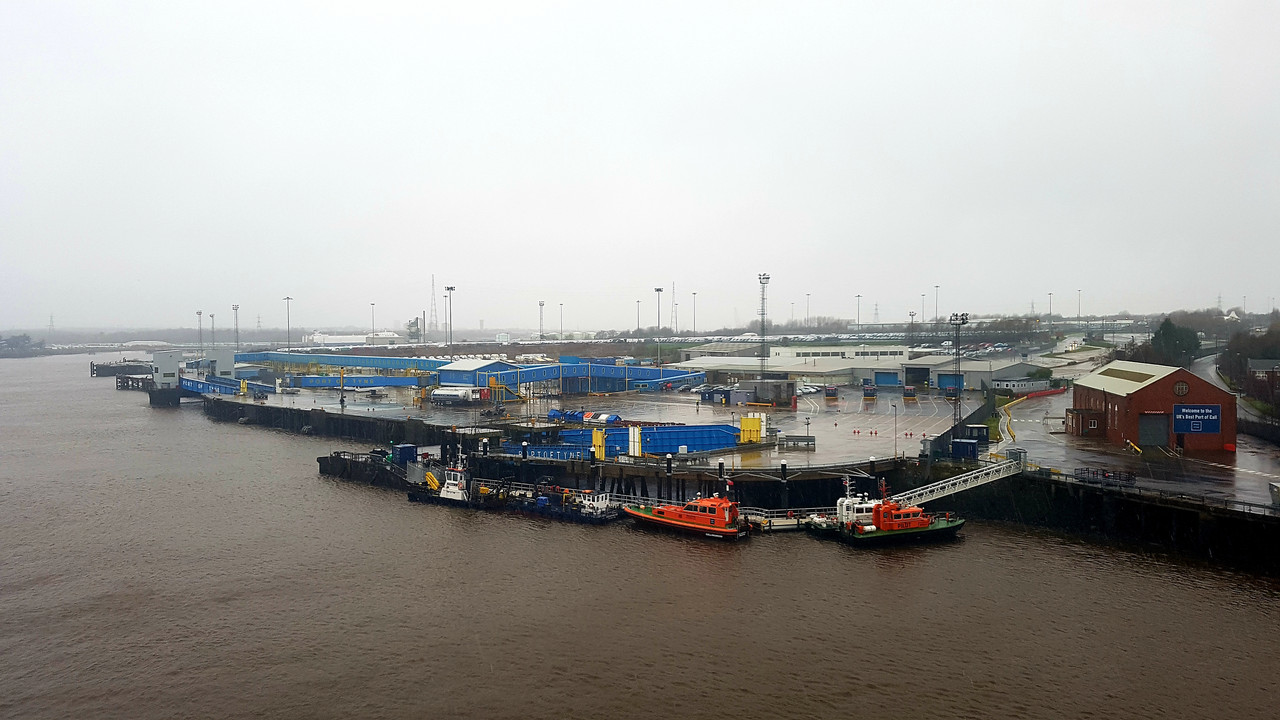
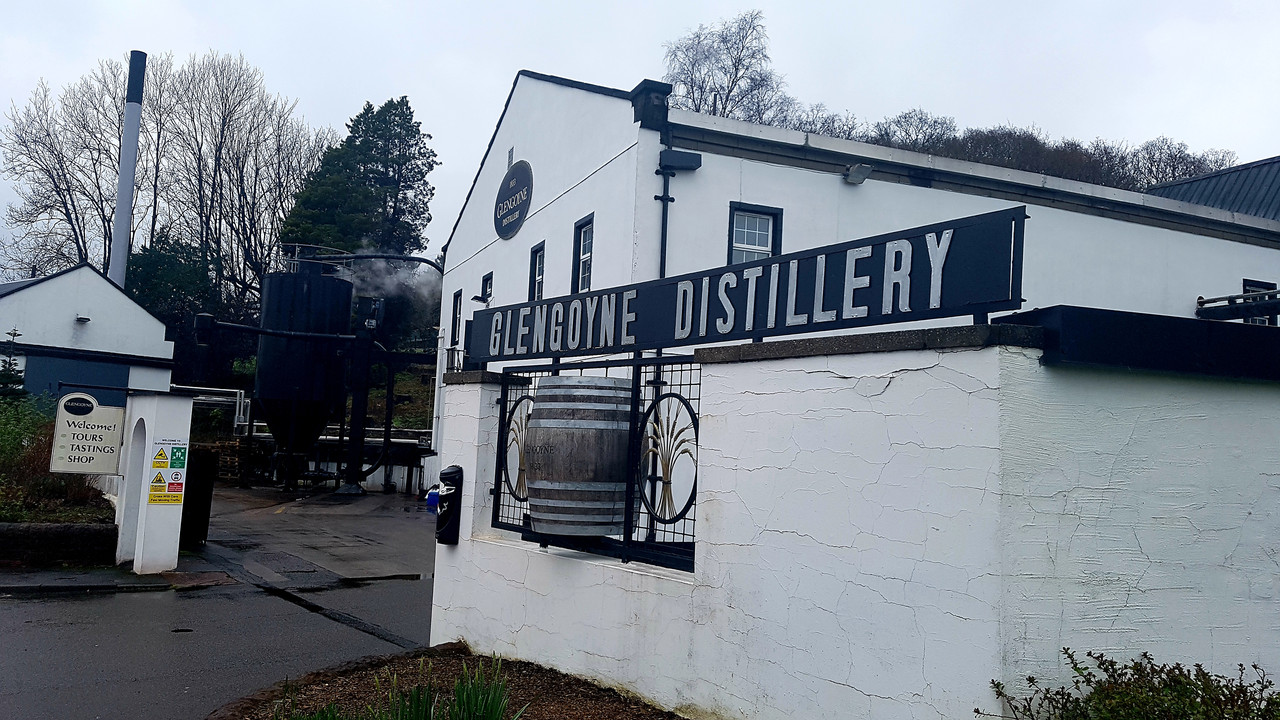




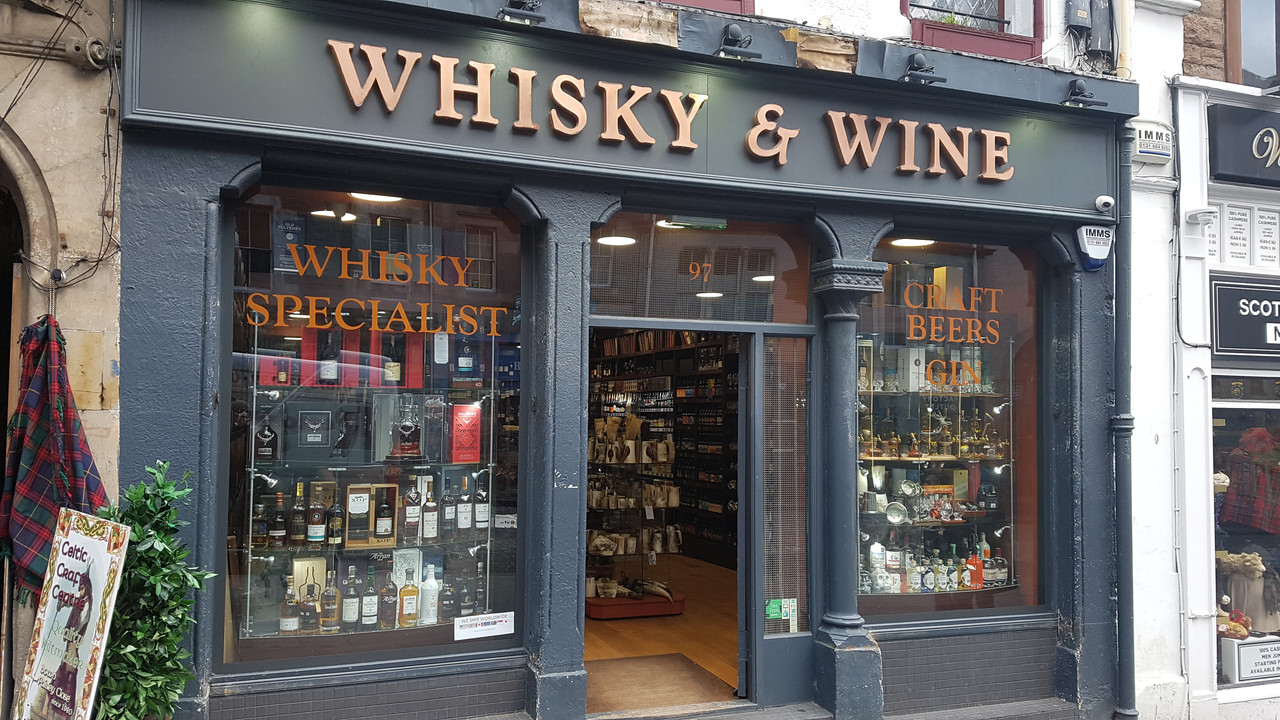
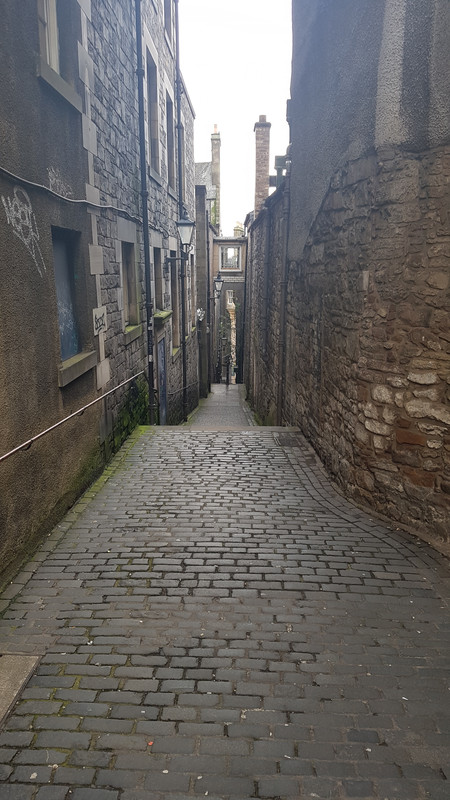
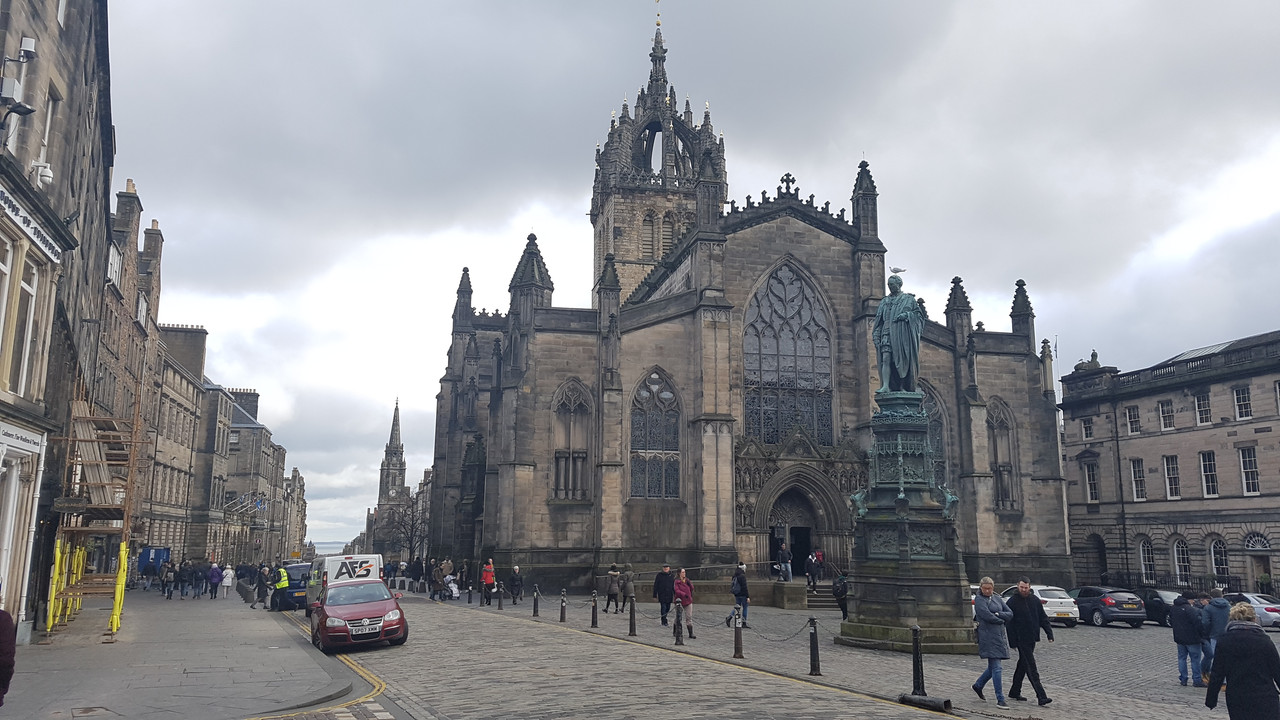



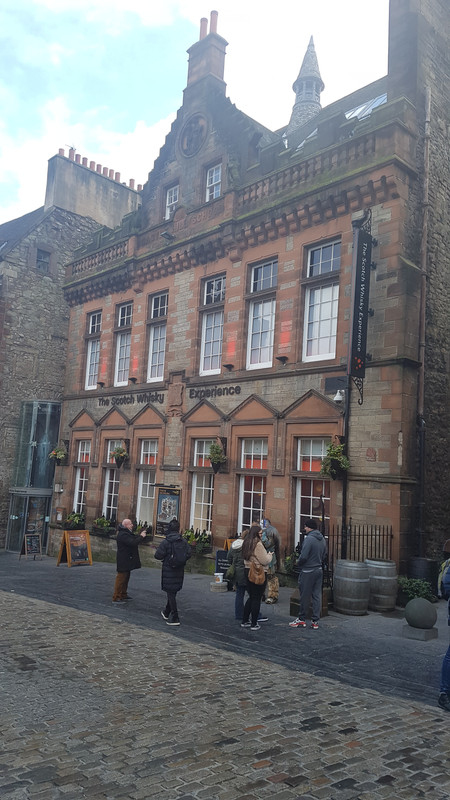
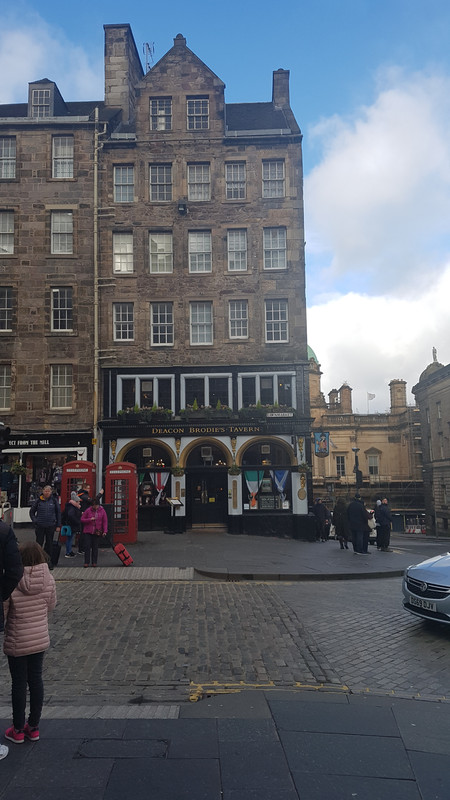


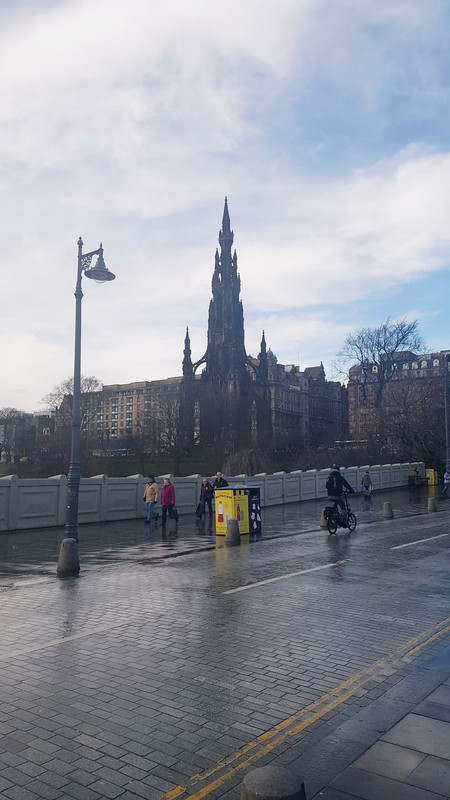






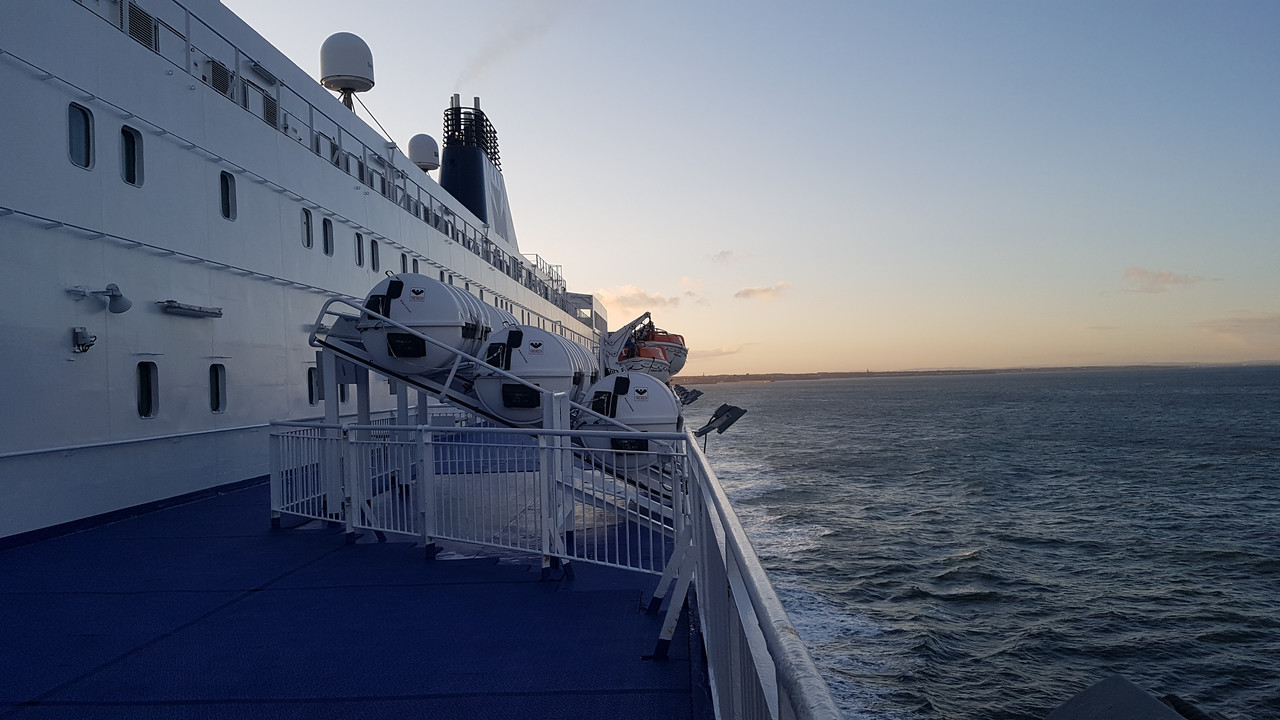





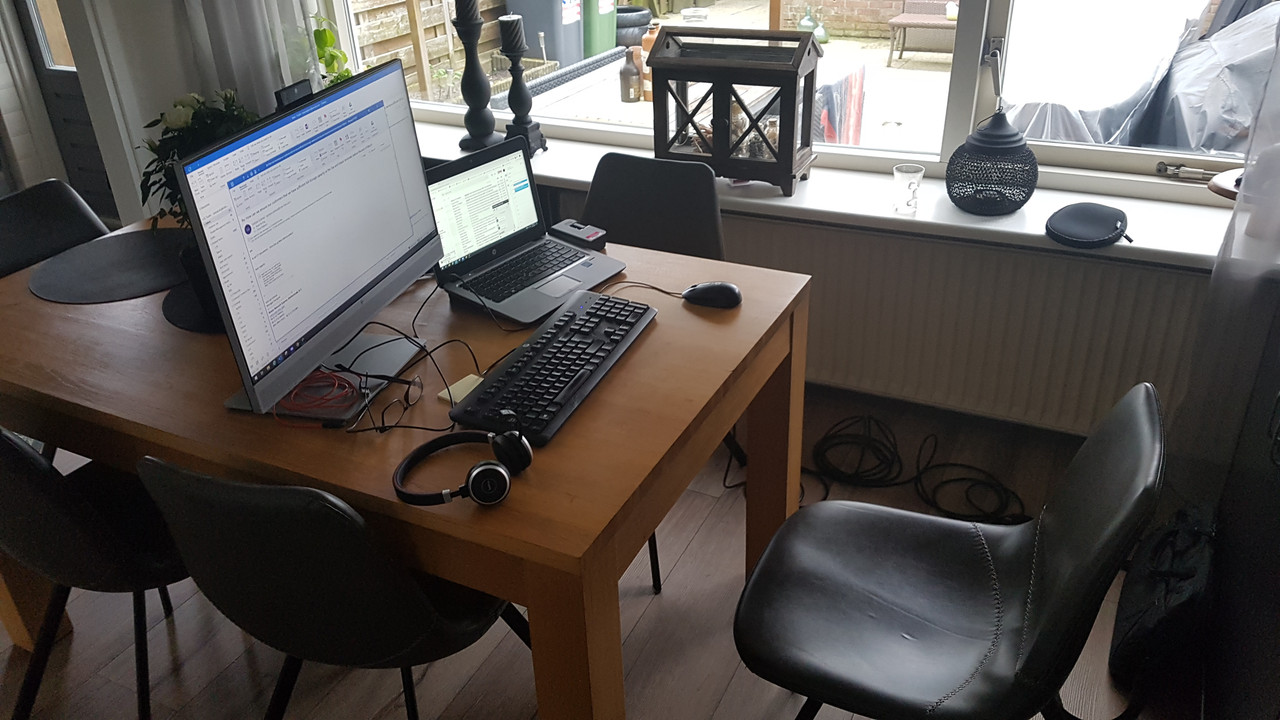

Whisk(e)y
in Gastronomija
Posted